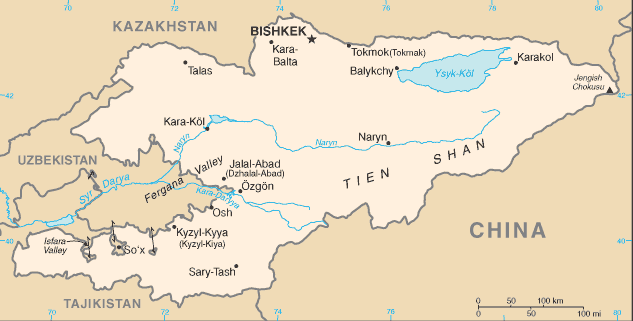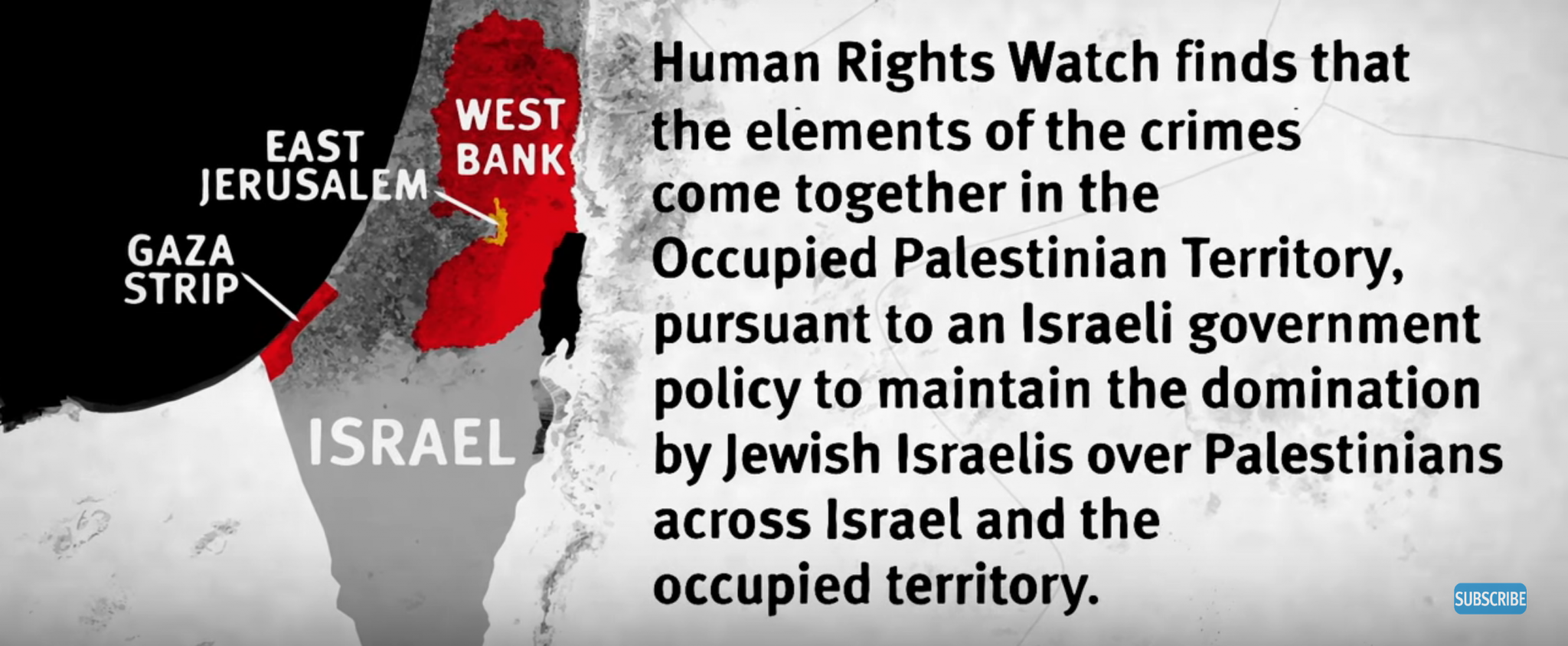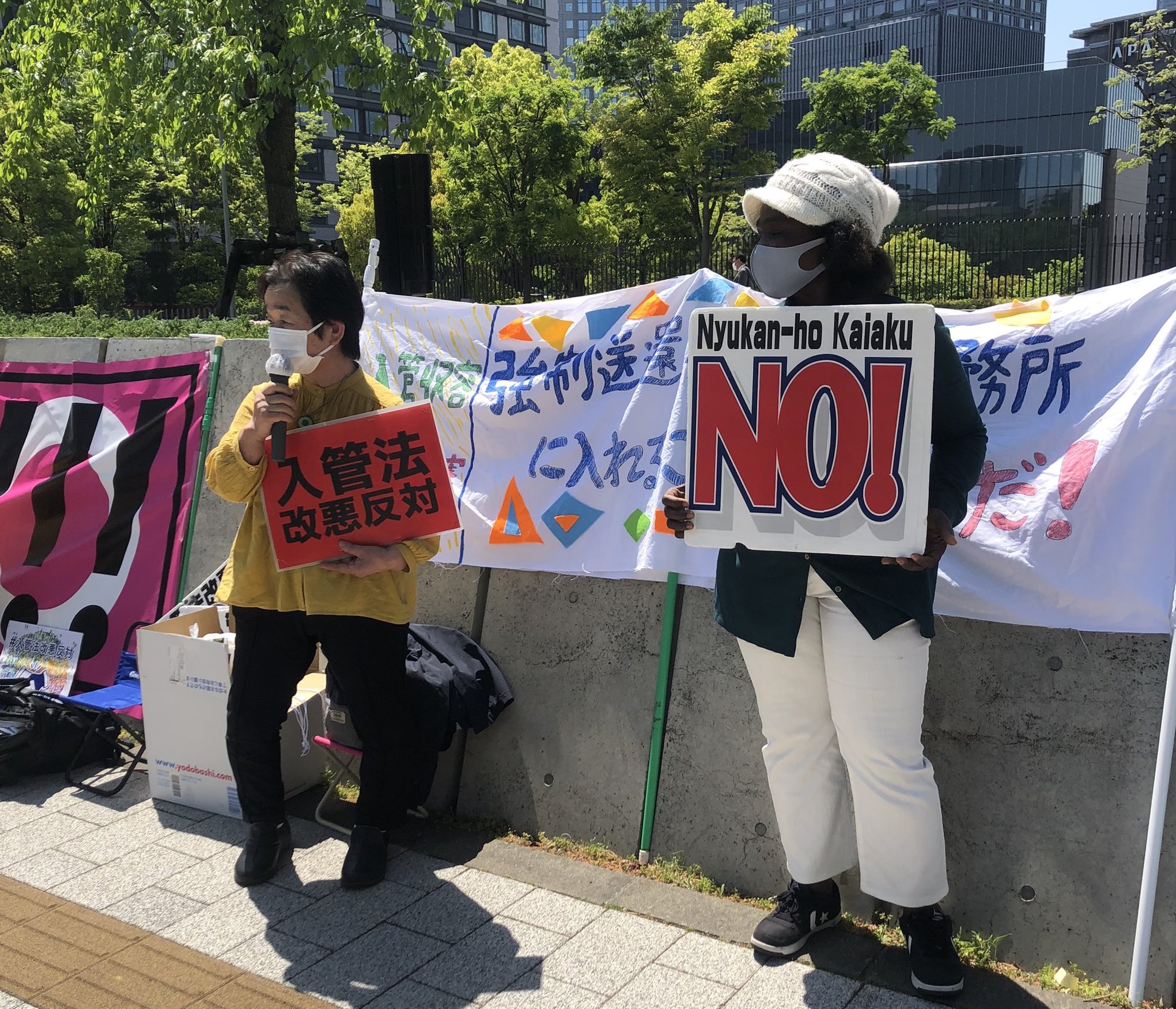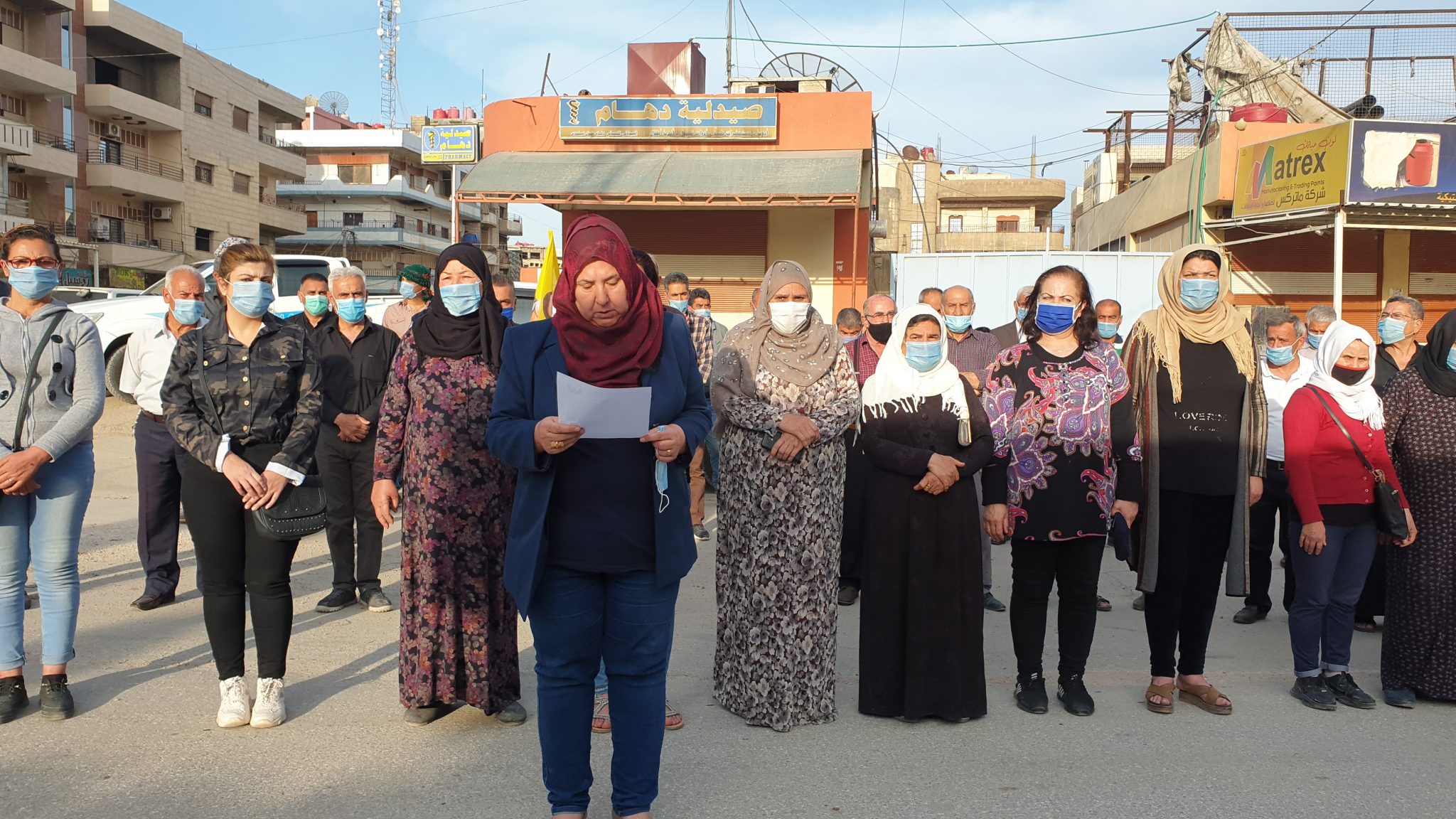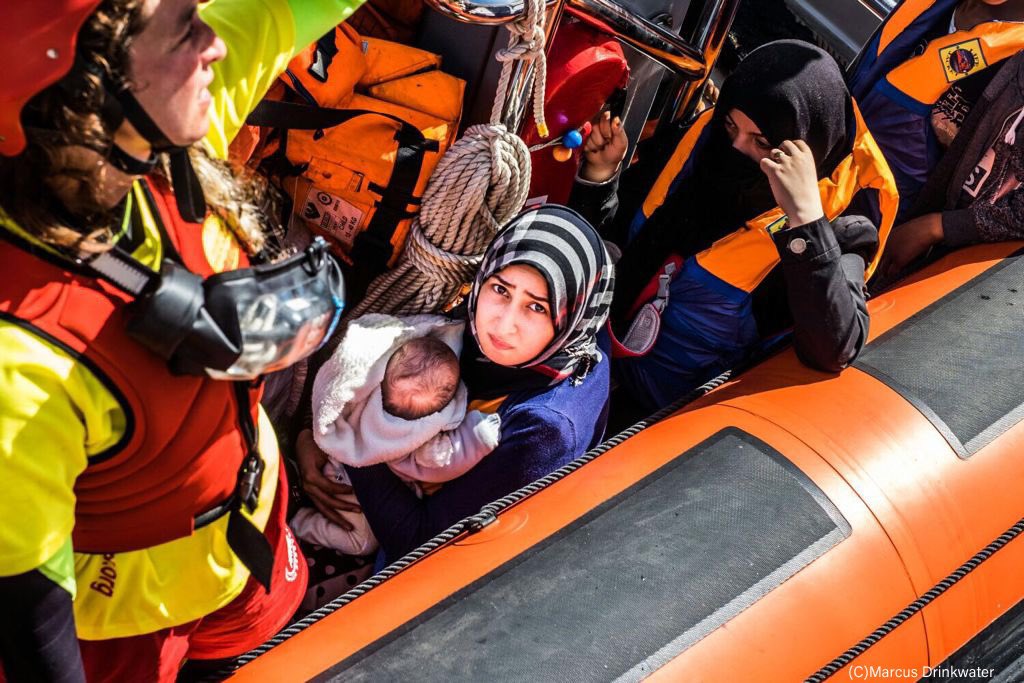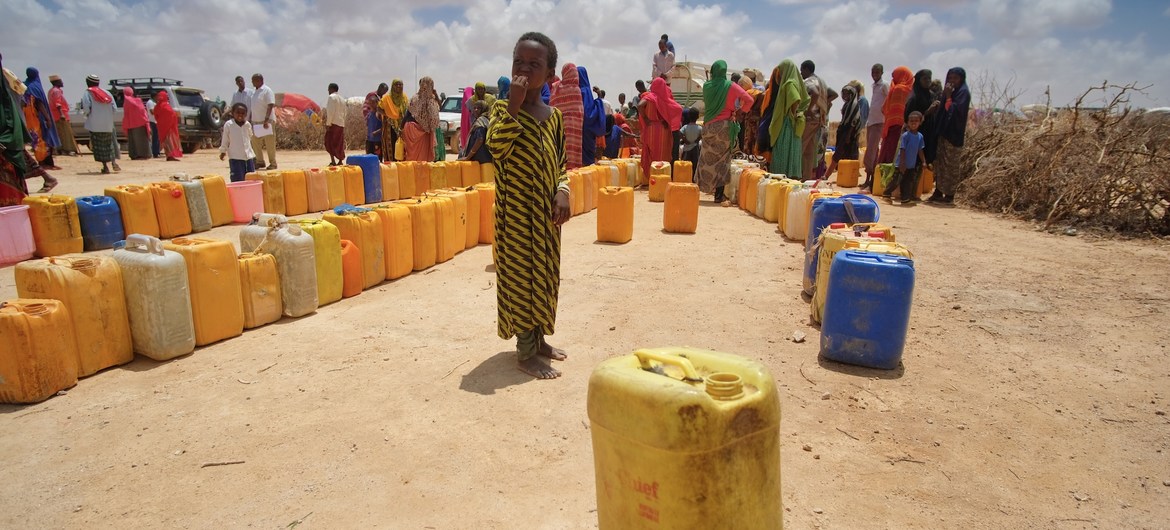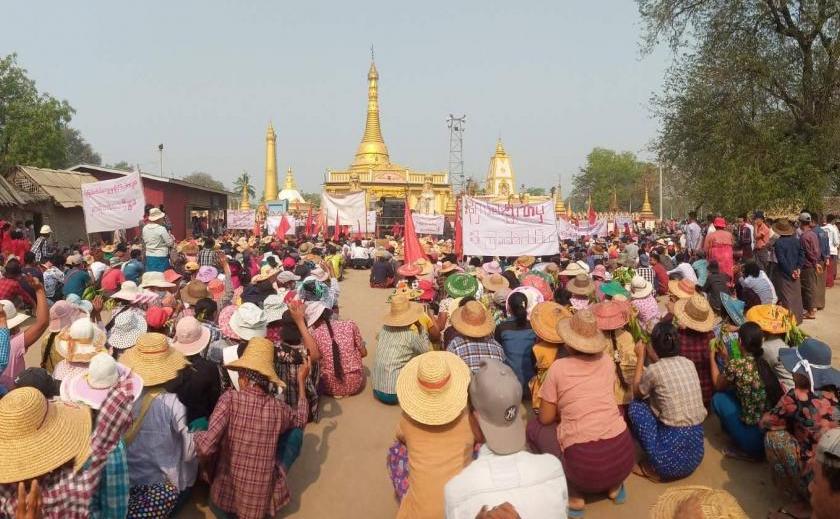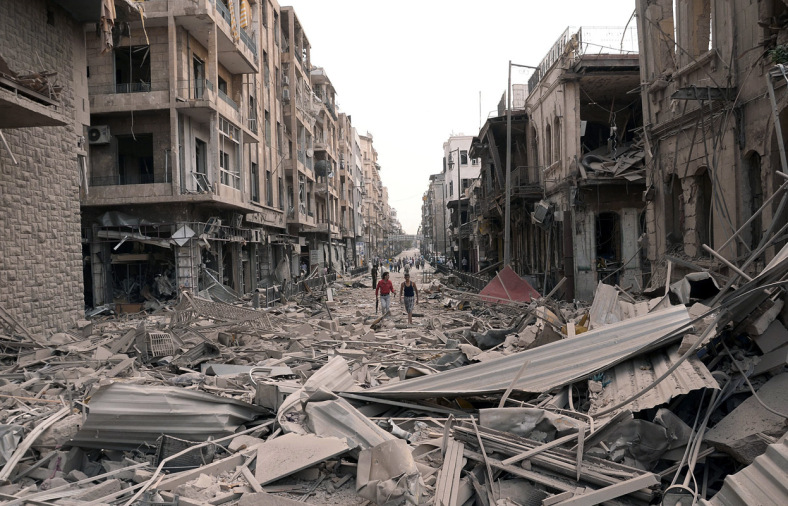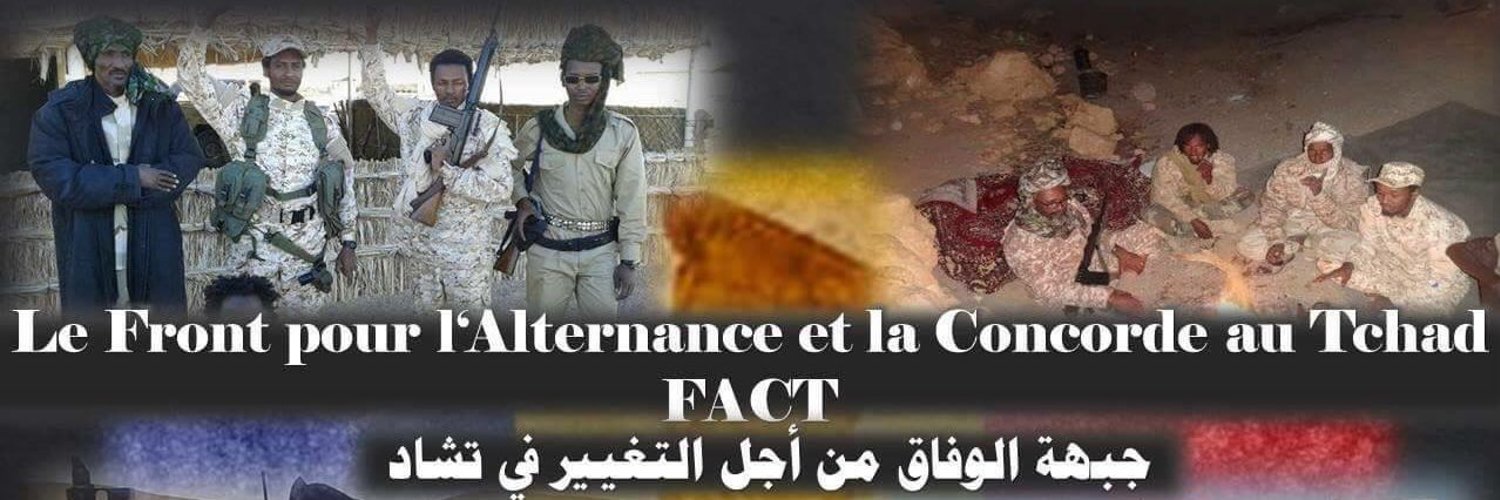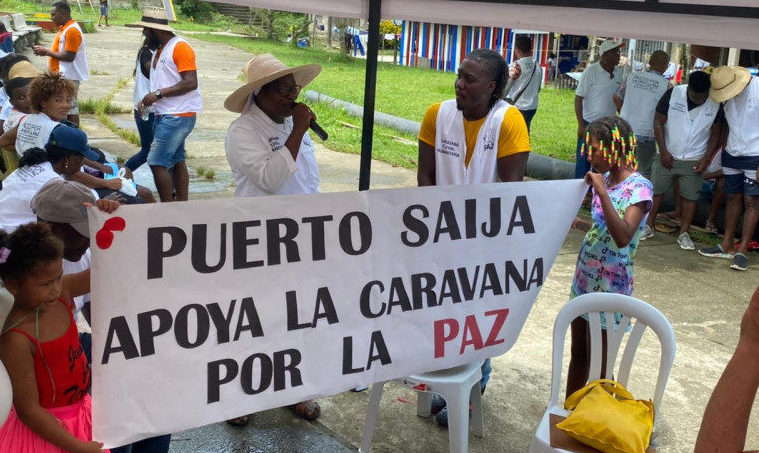
Massacres, assassinations continue in Colombia
Police killed at least eight people in Colombia’s southwestern city of Cali, amid national protests against President Iván Duque’s proposed reform of the tax code. Clashes between police and protesters also took place in Bogotá, Medellin and other cities. In response to the protest wave, Duque said he would revise his proposed reform, and that new taxes on sales of food and gasoline would be dropped. The protests come as political violence is escalating nearly across Colombia, but especially the southwest. Amid the violence, a locally-organized “Caravan for Peace” is making its way through the region, calling for a dialogue with armed actors and civil society to arrive at a new “Pact for Life & Peace,” addresing needs for security, land, and economic sustenance. (Photo: Colombia Informa)



